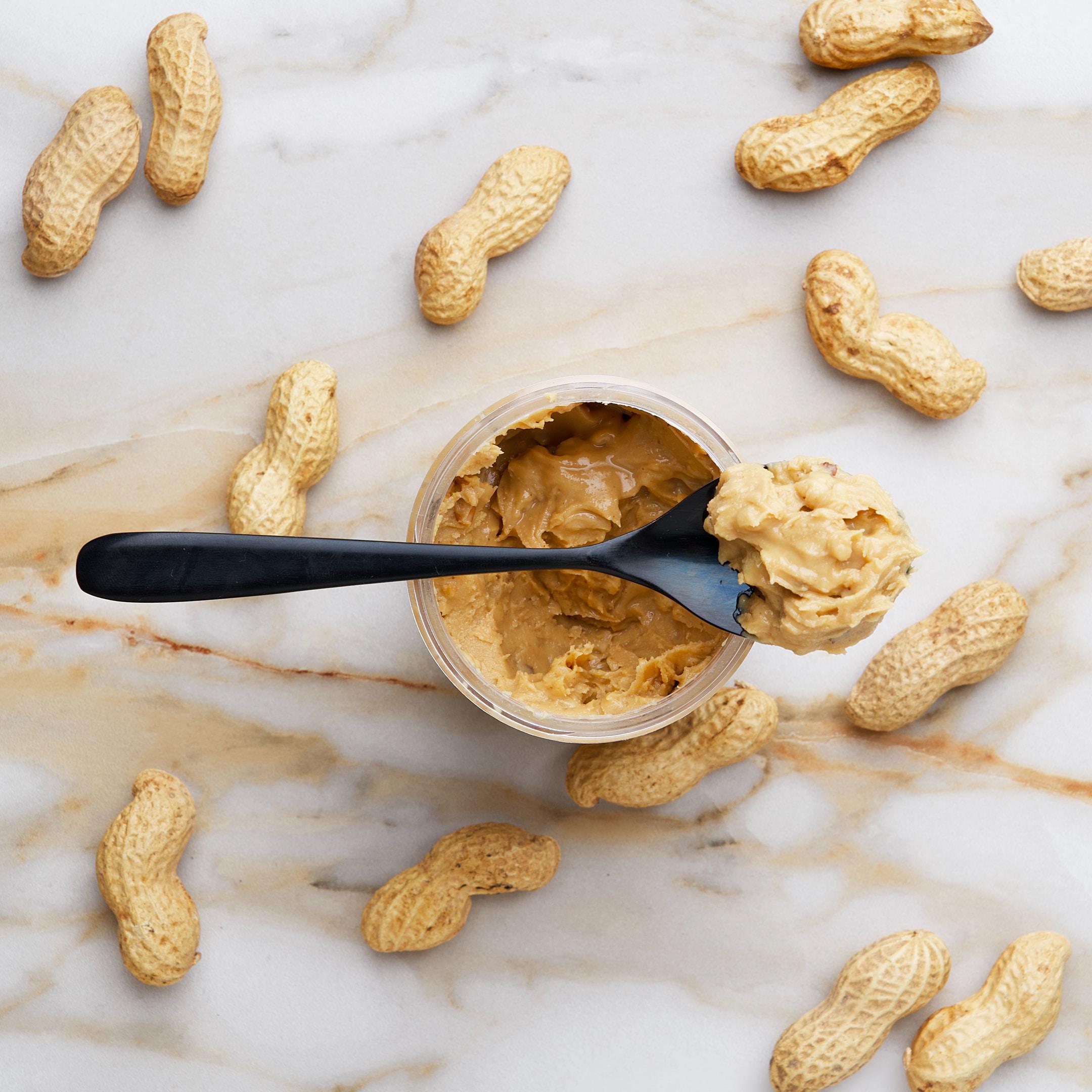
Living with food allergies or intolerances can be a major inconvenience for the individual and everyone around them. You have to take extra care to avoid cross-contamination with foods when cooking or need to be vigilant at all times at social gatherings. Eating healthy can also be a challenge. Food allergies can affect someone at any time, no matter how careful they are. Fortunately, there’s a way to get help. Working with a nutritionist for food sensitivity can help anyone with allergies or intolerances to be more aware of the food they eat and find alternatives. Read more to find out how a dietitian like me at Dietitian For All can help anyone with food sensitivities.
Teaches how to read nutrition labels.
Reading nutrition labels is an essential part of daily life for someone with food sensitivities. Gluten and nuts can hide in unsuspecting places, and not every processing plant is nearly as careful with their peanut ingredients as you’d like them to be. What’s more, companies can hide behind a “May contain peanuts” and other labels to absolve them of any liability in the event there is contamination. Your dietitian can teach you how to reach labels and identify foods that you have sensitivities to that you might not notice otherwise.
Provides a list of foods to avoid.
The thinking with food allergies used to be that if you were allergic or sensitive to food A, you were also likely allergic to food B or food C. While this thinking has gone by the wayside, there are still foods that one should stay away from given particular allergies. For instance, Food Allergy Research and Education says someone with a peanut allergy should avoid things like Arachis oil because it’s another name for peanut oil and lupin (or lupine) is a flour substitute that has a high likelihood of cross-contamination with peanuts. Someone who’s looking only for ingredients like peanut flour or peanut oil might overlook these items.
Provides a list of foods that are safe to eat.
In contrast to avoiding certain foods for safety, it’s important that someone with a food sensitivity is able to identify foods they can eat. It’s not unusual for someone with severe allergies like anaphylaxis to peanuts or other foods to have to deal with other allergies as well, so finding new foods to eat can be difficult. Your nutritionist will help to identify healthy alternatives to help you eat a balanced diet and get the nutrients you might be missing out on without compromising your health or safety.
Assists with strategic meal planning.
Building meal plans is an important piece to consistent healthy eating, but it’s not always easy when you have dietary restrictions. For example, someone who doesn’t have any limitations can easily throw some trail mix or an energy bar in their lunch if they’d like to eat light for the day. However, those who have peanut or nut allergies need to avoid both like the plague. So, what do you eat instead? Put together a mix of oats, dried berries (cranberries work great!), and chocolate chips. Your nutritionist will help you find healthy and safe alternatives to eating protein-rich nut bars or other foods you’re allergic to.
Book a consultation today!
You don’t have to put yourself at risk while trying to eat healthily. Get in touch with me at Dietitian For All, and I’ll work with you as a nutritionist for food sensitivity. I’ll help you identify what foods to look out for as well as foods you can eat to build healthy eating habits. Call 203-977-2446 or send a message using the contact form to book your consultation today.